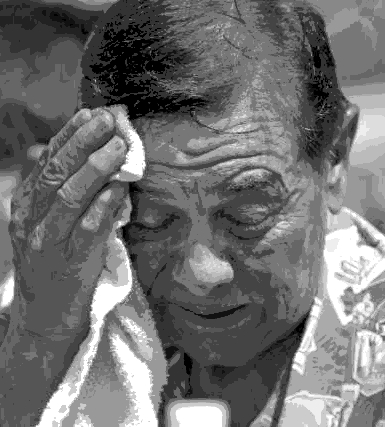More evidence of fit and healthy help
 A new study suggests very fit men in their late forties are less likely to get lung cancer and bowel cancer than unfit men.
A new study suggests very fit men in their late forties are less likely to get lung cancer and bowel cancer than unfit men.
High fitness levels also appeared to increase men’s chance of surviving cancer if it is diagnosed later on.
Being physically active and eating a good diet is a well-established way to reduce people's risk of developing cancer and other diseases.
Now, researcher Dr Susan Lakoski says her new study can tell people exactly how much they need to improve their fitness to bring down their risk of cancer to acceptable levels.
The University of Vermont project looked at 14,000 men aged between 46 and 50, gauging their fitness levels over an average of six and a half years between 1971 and 2009.
Between 1999 and 2009, 1,310 of the men were diagnosed with prostate cancer, 200 with lung cancer and 181 with colorectal cancer.
It turned out that those with high levels of fitness in middle-age reduced their risk of lung cancer by 55 per cent, and their risk of colorectal cancer by 44 per cent.
Fit men in middle age did not appear to reduce their risk of prostate cancer.
“Your health behaviours and your fitness earlier in life has an impact 20 or 30 years later - and that's what people don't realise,” Dr Lakowski said.
“Investigating links between men's fitness levels and cancer risk, rather than just the amount of physical activity they do, is a new approach,” Tom Stansfeld, health information officer at Cancer Research UK, told BBC reporters.
“The results reconfirm the benefit of physical activity in decreasing men's risk of bowel cancer.
“Interestingly, the study also found a positive effect of fitness on reducing lung cancer risk, but more research is needed to understand this potential link better.”
He said other research has shown that increased levels of exercise for women can reduce the risk of breast and womb cancers.
“Being regularly physically active is great for your overall health and, as this study demonstrates, has benefits far beyond the health of your heart,” he added.








 Print
Print